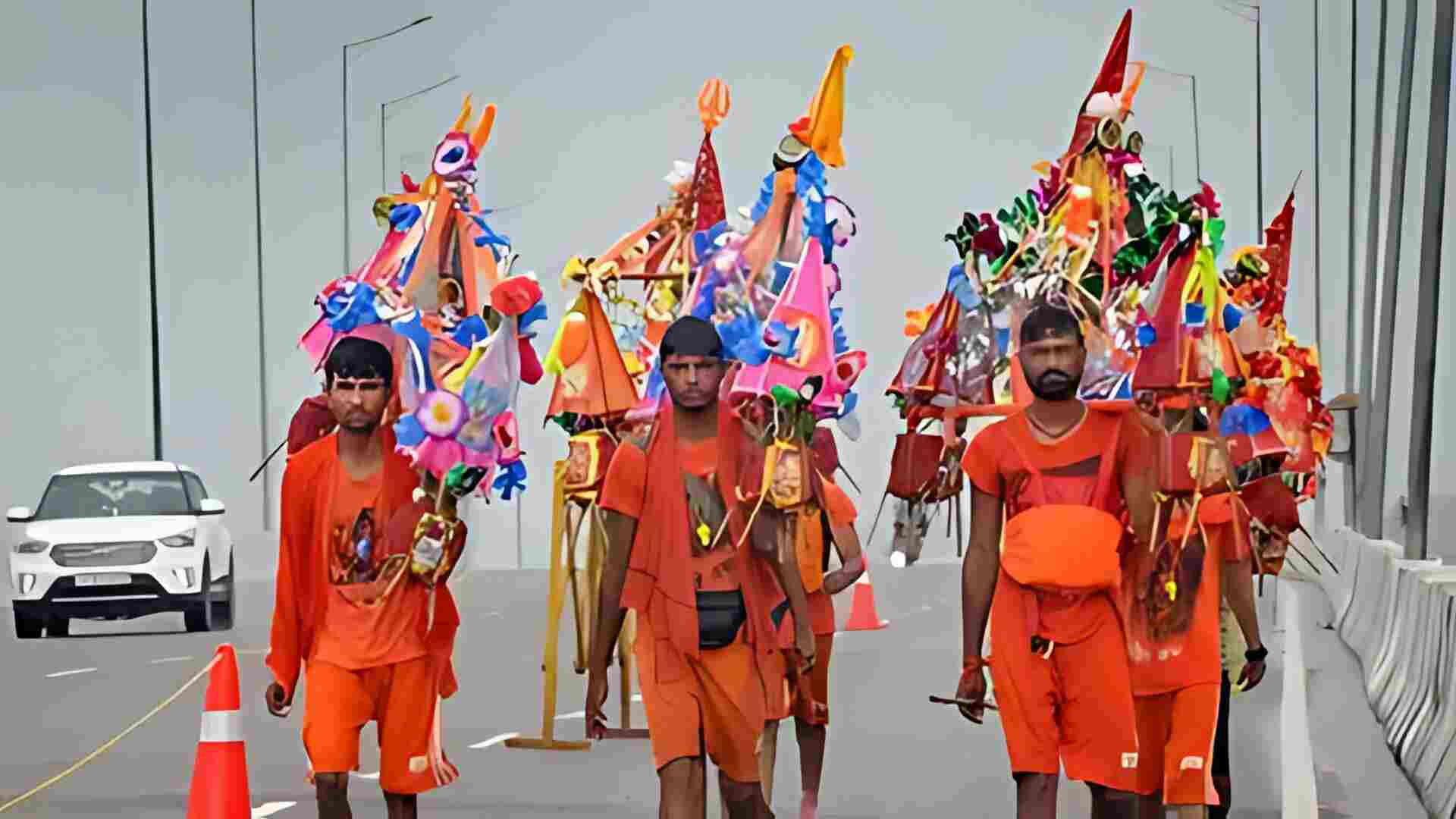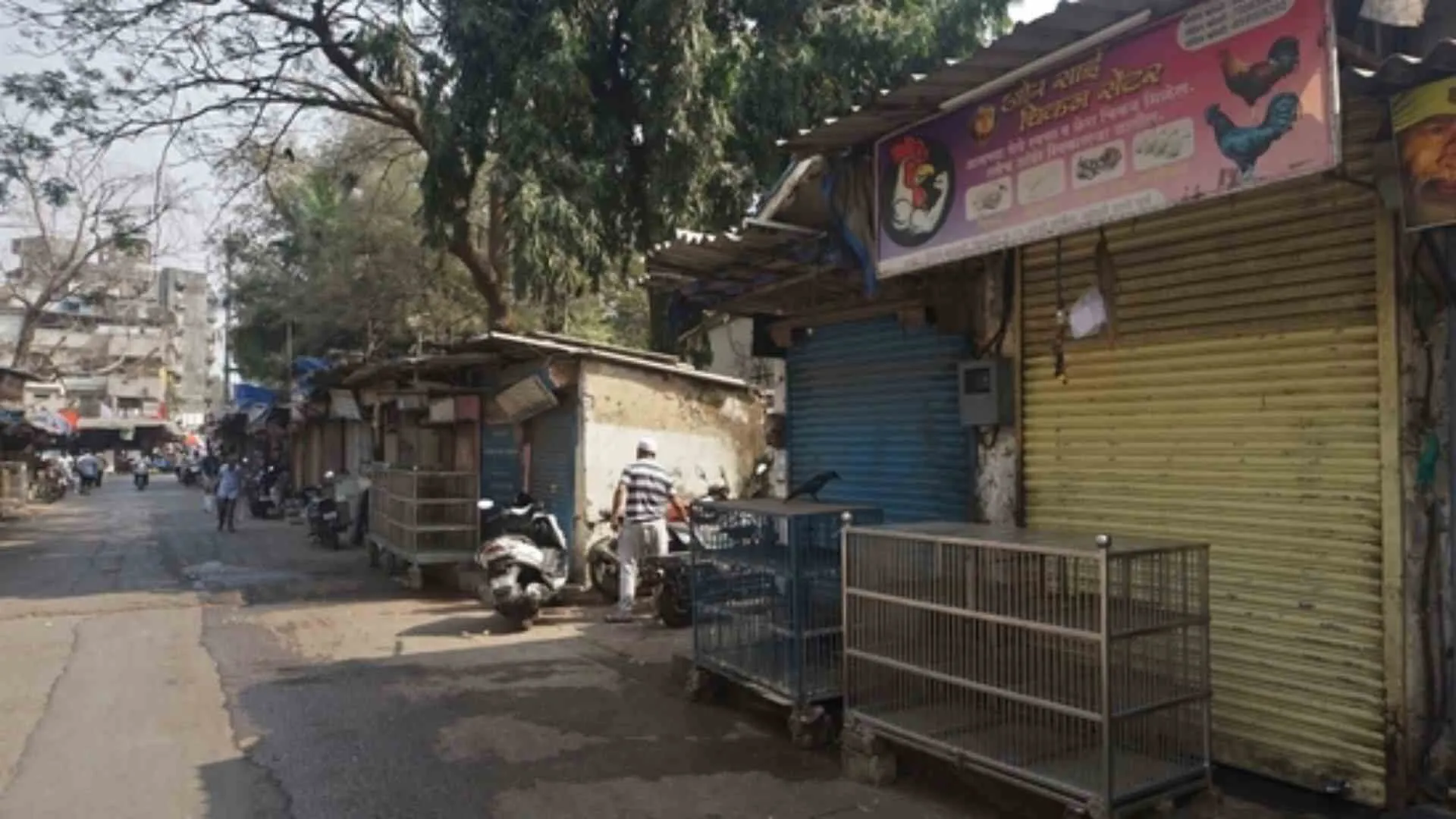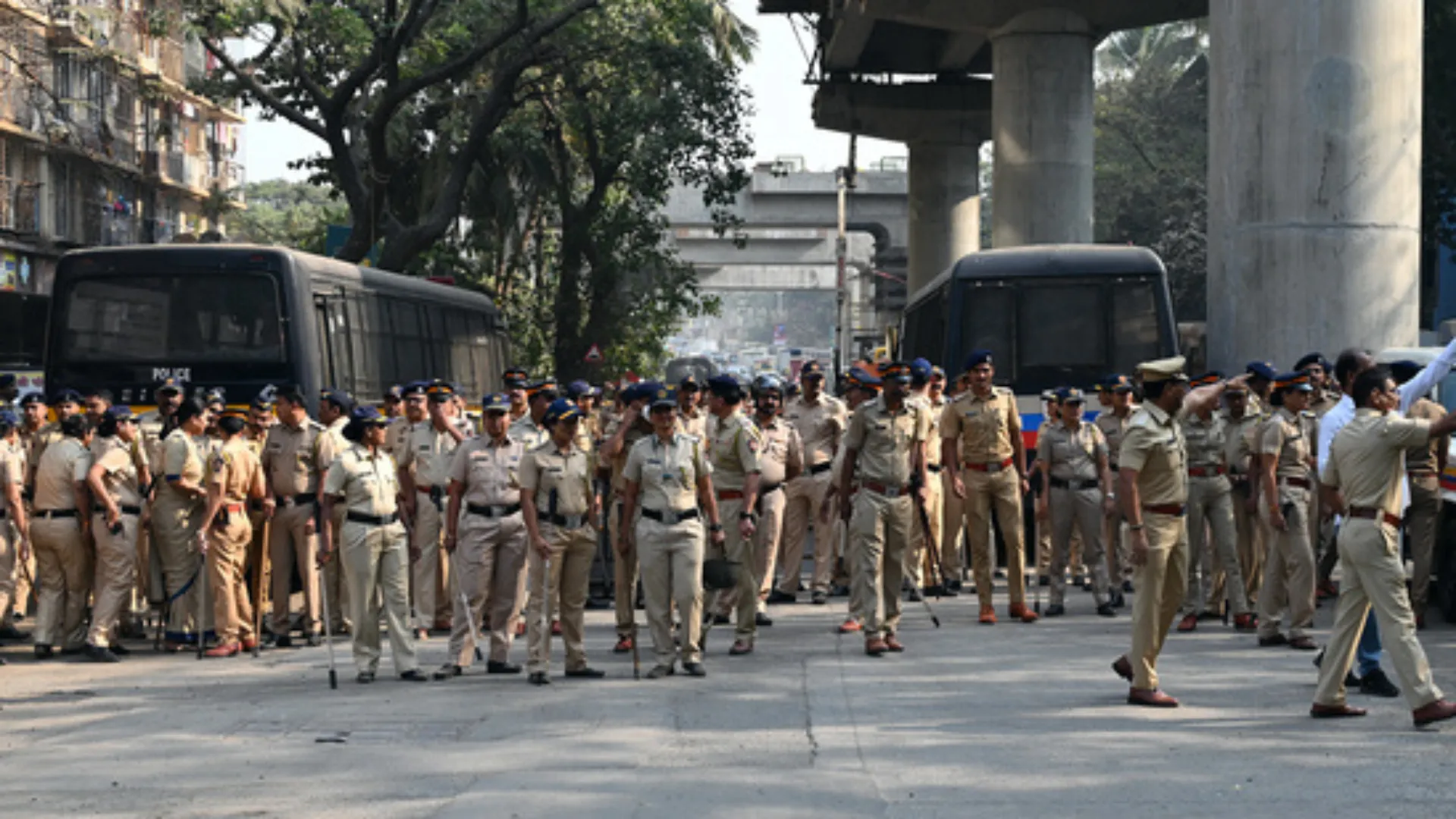The Supreme Court extended its interim stay on the Uttar Pradesh government’s directive for eateries along the Kanwar Yatra route to disclose the names of owners and staff. The court’s decision on Friday reflects concerns about the forced disclosure of personal details.
Earlier, the Uttar Pradesh government defended the directive, asserting that it aimed to enhance transparency and ensure that pilgrims, who follow strict dietary practices during the Yatra, are well-informed about the food being served. This measure was intended to avoid conflicts stemming from inadvertent consumption of non-vegetarian food or items containing onions and garlic, which could disrupt the pilgrimage.
In its affidavit, the state highlighted the requirements under “Regulation 2.1.1 (5) of the Food and Safety Standards (Licensing & Registration of Food Businesses (Regulations), 2011,” which mandates registration and photo ID disclosure for food businesses, a regulation often overlooked by many local eateries. The government argued that such measures are necessary to prevent disturbances during the Yatra and to maintain public order, especially in sensitive areas like Muzaffarnagar.
The UP government emphasized that these directives are temporary, applying only during the Kanwar Yatra period from July 22 to August 6. They argued that the guidelines are not discriminatory, as they apply uniformly to all food sellers regardless of religious or community affiliations. The government assured that the measures are in line with maintaining secular values and ensuring the peaceful observance of various religious festivals.
The directives also include no restrictions on food business operations beyond the prohibition of non-vegetarian food during the Yatra. The state’s move to require name disclosures was framed as a proactive step to prevent potential issues and maintain harmony among the pilgrims.
Last week, both Uttar Pradesh and Uttarakhand issued similar directives to eateries along the Kanwar Yatra route, aiming to minimize misunderstandings and uphold the religious sentiments of the pilgrims.









